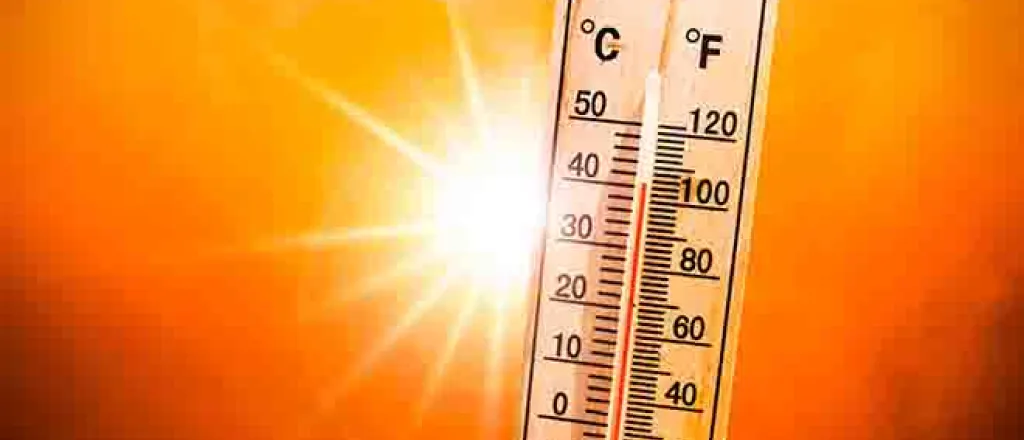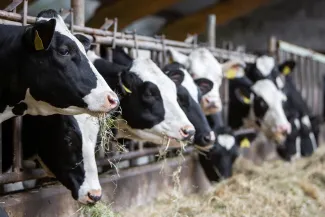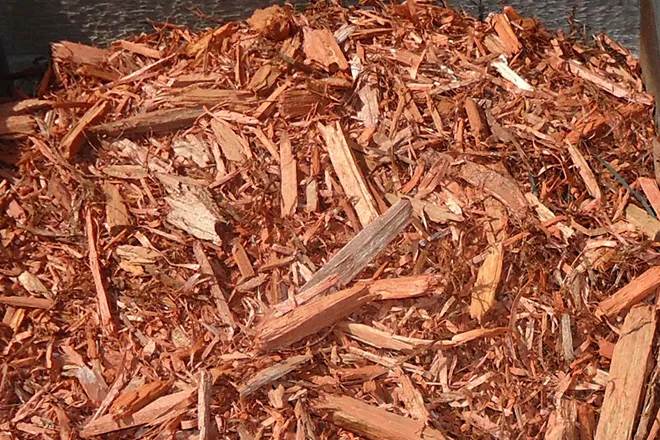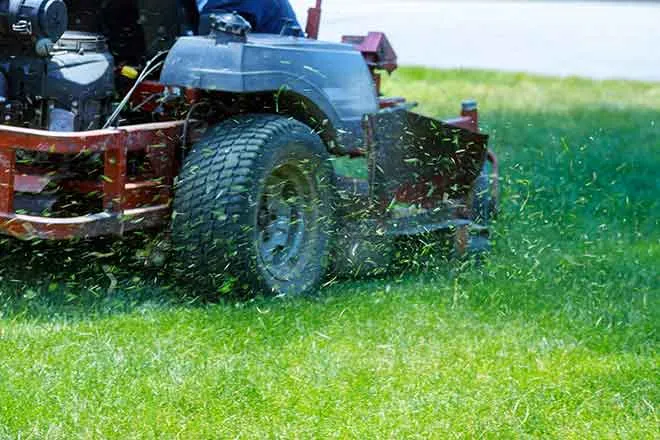
New study: Small farms disproportionately impacted by extreme heat
Click play to listen to this article.
A new study shows how extreme weather conditions negatively affect production yields on Midwest dairy farms, with a disproportionate impact on smaller farms.
Researchers at the University of Illinois studied milk production records from nine Midwest dairy farmers. Considering both temperature and humidity when measuring extreme heat, they found farms lose about 1 percent of milk yield annually because of heat stress, while smaller farms lose closer to 2 percent.
Marin Skidmore, study co-author, said when cows are in extreme heat, it can cause increased restlessness and risk of infection, and decreased appetite, which reduces milk yield and impacts bottom lines.

© ahavelaar - iStock-1501815024
"To some extent, it's only 1.6 percent. But if you're really making every dollar from your paycheck count, because you're living in a time with high costs, then 1.6 percent of your paycheck being gone in a given year is meaningful," she said.
The study predicts extreme heat days to be much more frequent in years to come and milk yield losses to increase about 30 percent in the next 25 years.
The Midwest tends to have smaller dairy farms compared with other states, with herds ranging from 100 to 200 cows. Researchers say being able to track and compare daily milk yields across a large region with similar climates has never been done before. Skidmore said their findings suggest that larger herds seem to have some level of protection to extreme heat compared with smaller farms, which start to see impacts of heat stress at lower thresholds.
"And this is additionally concerning in the context that we're studying because we've seen a lot of dairy farm exits over the last decade or two, and many of those are small farms," she added.
While researchers say there's no silver bullet for mitigating the effects of heat stress on herds, recommendations include adjusting feeding and calving timing, and using sprinklers and improved ventilation systems.
Skidmore emphasized the need for additional support for small farms since capital costs can be particularly constraining.
"Having the access to enough capital to make these really big investments is difficult, and grants or loans to help small farms adopt some of these management technologies could be one avenue to help small farms cope with heat stress and keep them competitive," she continued.
Skidmore said more research is also needed to explore other options to best manage extreme heat on dairy farms.
















